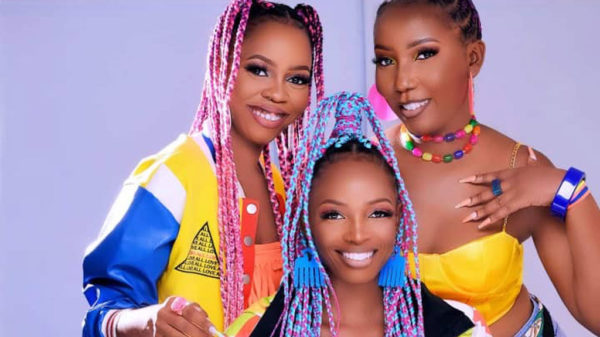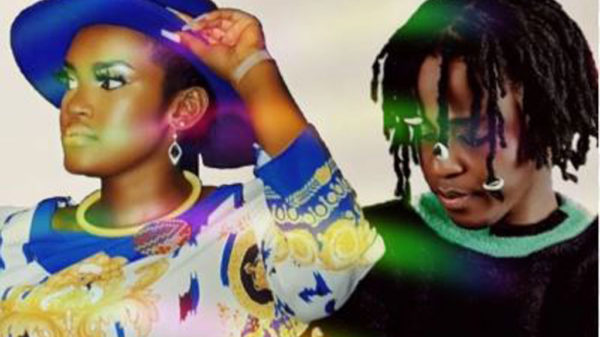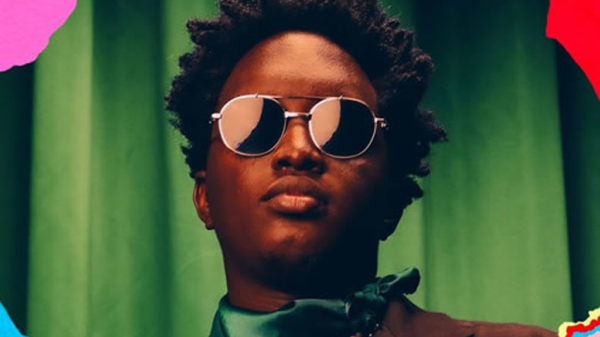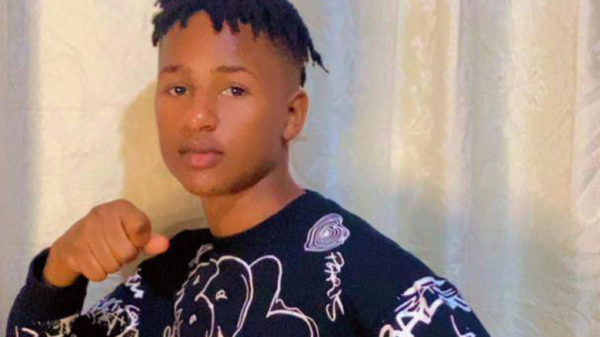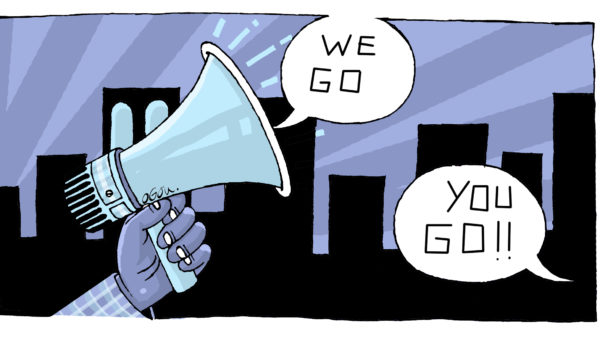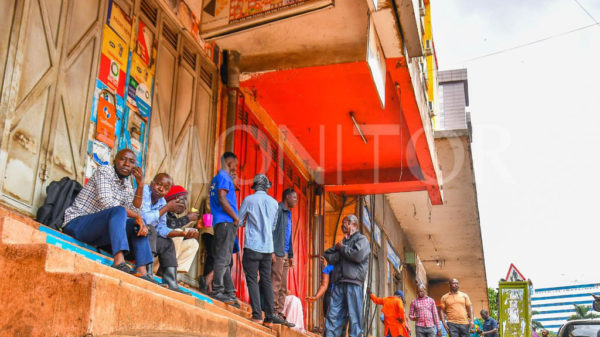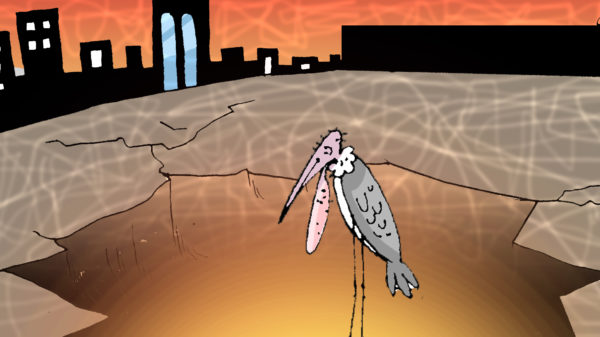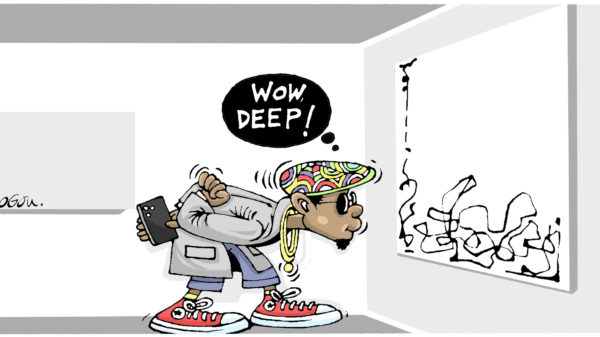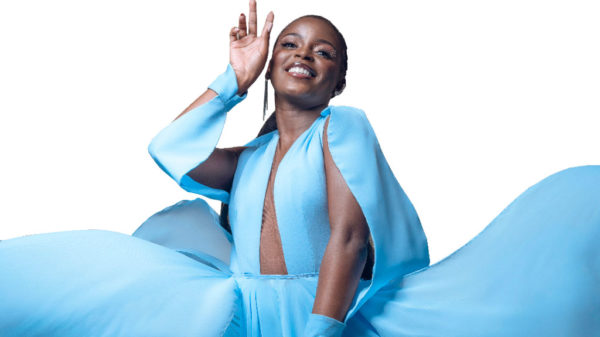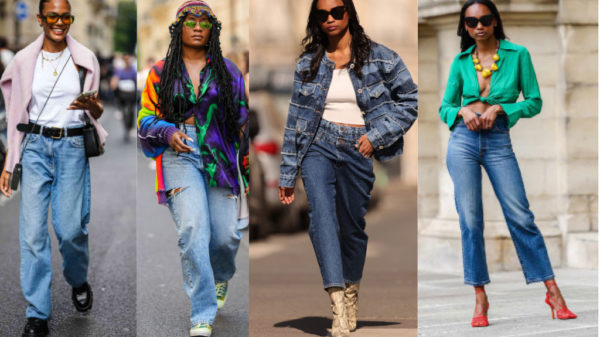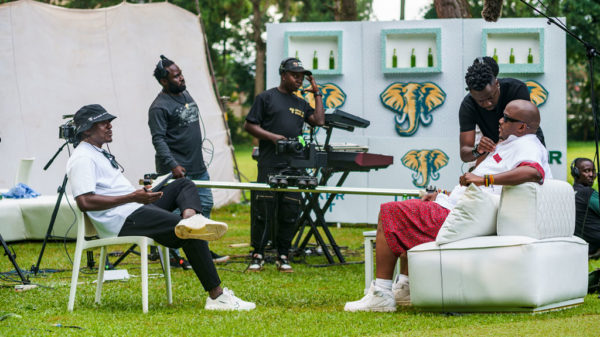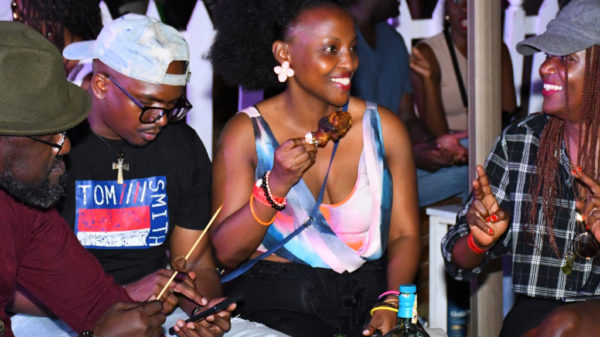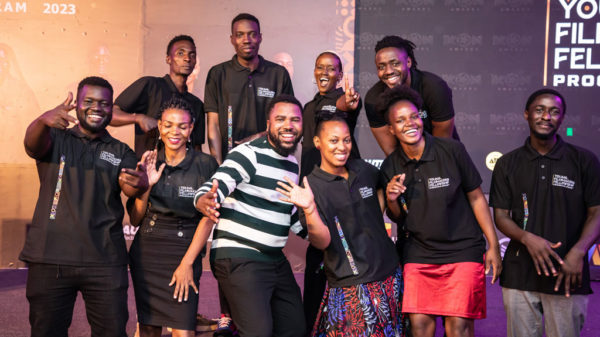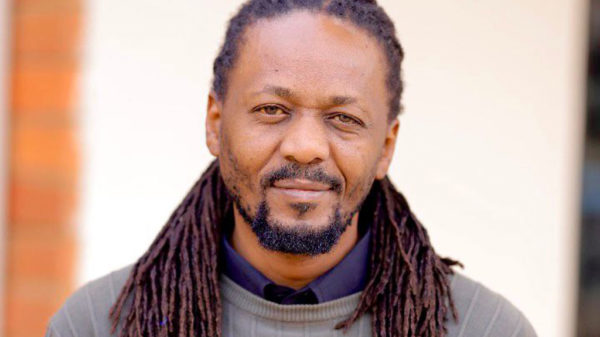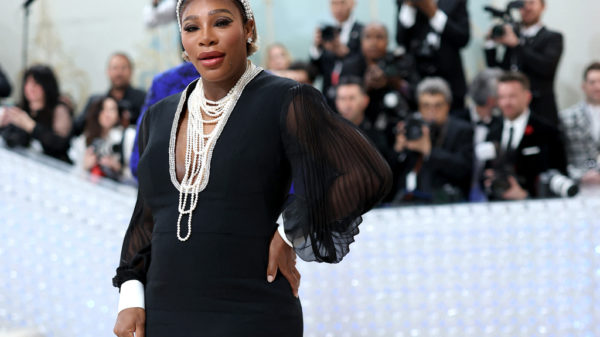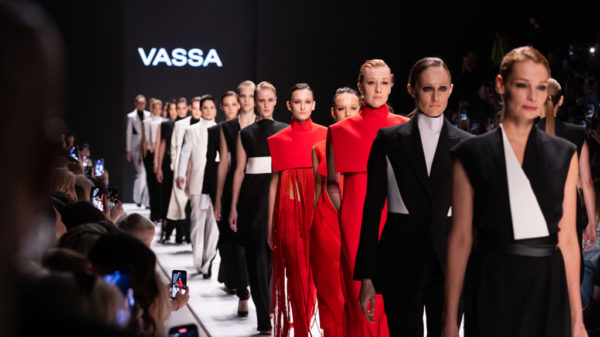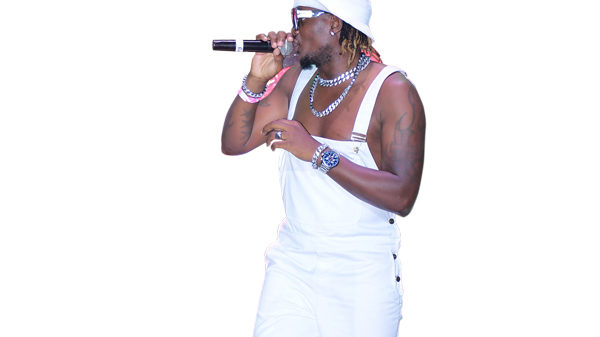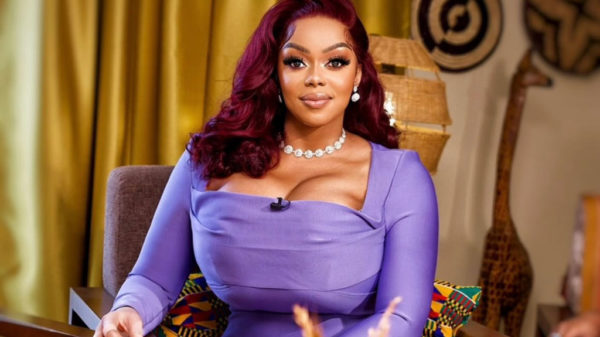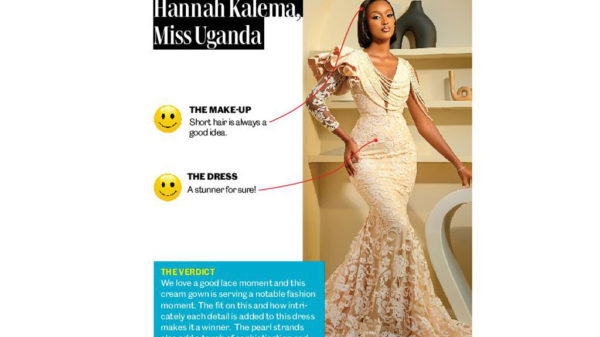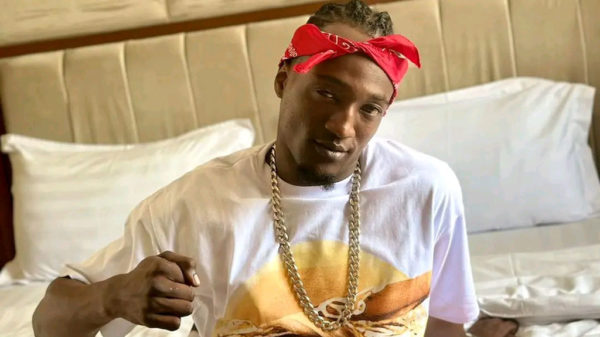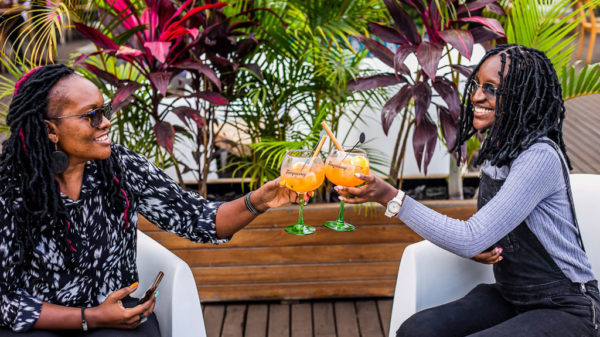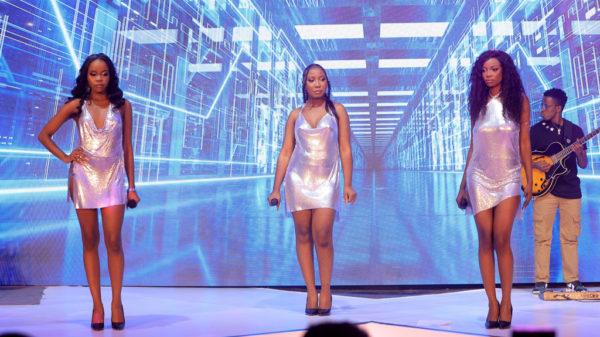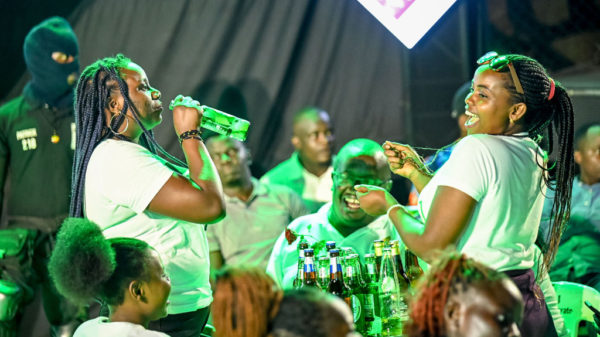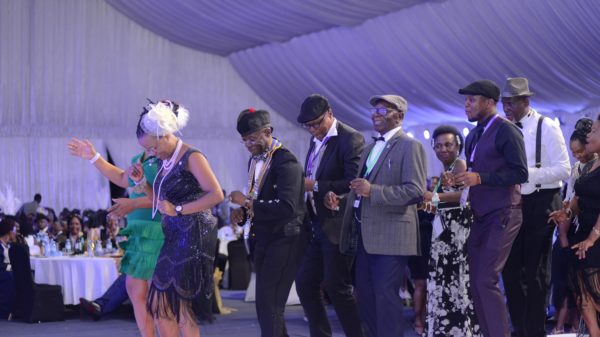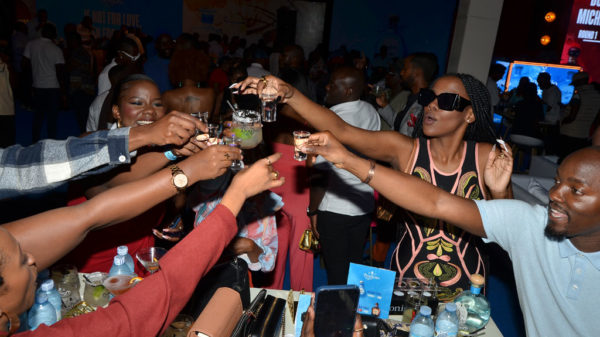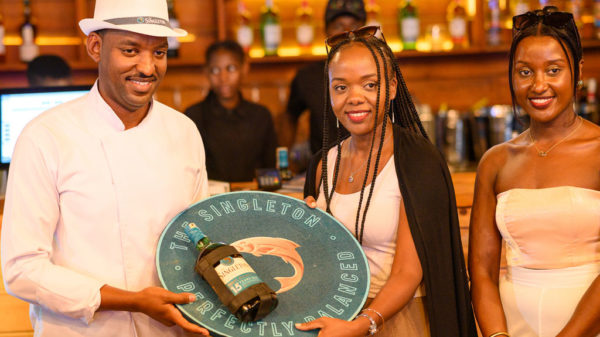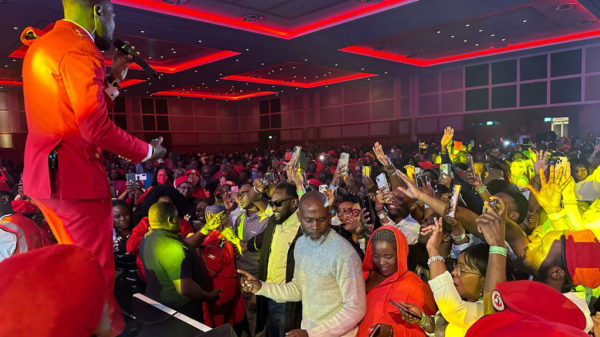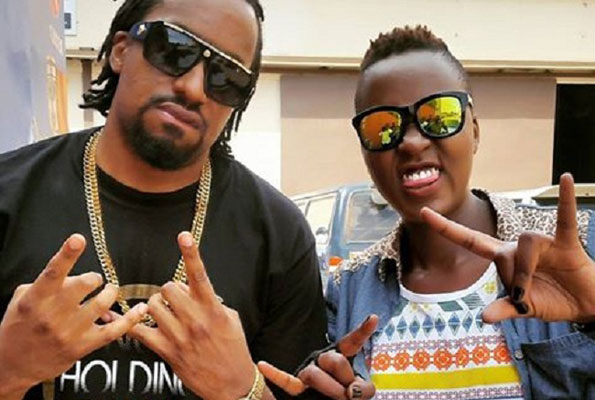ON A DOWNWARD TREND? There was a time hip hop music was becoming very popular in Uganda, but now fans are wondering if hip hop musicians are still doing hip hop or something else, writes EMMY OMONGIN
Hip-hop music in Uganda has had a slump in a way. Who doesn’t remember how vocal hip hop artistes were between 2008 and 2009. Airwaves were abuzz with Navio’s Bugumu and GNL Zamba’s Soda. GNL later released a club banger Kikankane and Navio released Ngalo, that saw him cross borders, win awards (both Pearl of Africa Music Awards and the Buzz Teeniez Awards for Teeniez most Hood Rapper). Even with the mediocre videos, the masses appreciated hip hop music then. The genre was urbanised and given a danceable touch as compared to the days of Bataka Underground’s hardcore Luga flow.
Five years later, hip hop artistes are hardly dropping bangers. It is like the genre faded away faster than most Ugandan hit songs. Gigs are no longer coming in, promoters hardly pay hip hop artistes to perform and the hip hop songs are not in rotation as expected. In fact, these days, you can easily walk passed a hip hop artiste without giving a hoot, have they lost it that much? Why is hip hop music not selling?
First, let’s define hip hop. According to my ‘friend’ Google, It is a “style of popular music of US black and Hispanic origin, featuring rap with an electronic backing.” The Urban Dictionary defines it as “A name for the four elements of the late 1970s New York City renaissance which includes break dancing, emceeing (rapping), graffiti, and turntablism.” In this case, we are looking at one element of hip hop which is emceeing (rapping).
“I would not say it is not selling. It is just that we have lost pace. I was the first rapper to earn Shs1m from the Koyi Koyi album sales,” GNL Zamba, one of the artistes that revolutionised hip hop music in Uganda, says. “Hip hop in 2008 was very popular and we rappers became overwhelmed by the love and the money that was flowing in. When the money came in, every rapper started dropping so many albums within a very short period of time just to make the quick dime,” he explains.
GNL says most rappers these days are putting money first before the art. “Rappers are no longer making music about the issues that are directly or indirectly affecting the people. Everyone wants to drop a club banger, forgetting that dance songs can be hits for three weeks as compared to an inspirational hip hop song that can last a lifetime. Money follows art, art should not follow money,” he says.
He adds: “When I dropped Kikankane in 2009, a dance song, I had real deep conscious hip hop songs like Soda, Koyi Koyi, Luka and many more that had a message for my fans. I had both conscious and danceable hip hop music. When other rappers saw Kikankane doing well in clubs, they wanted to be like GNL, ending up doing something else that is not hip hop music all in the name of wanting a club hit.”
Edwin Ruyonga, a rapper who is more into positive hip hop music admits that hip hop is slow to “catch” in Uganda. “I think it is because hip hop is predominantly in English and also, its sound is always sort of foreign,” he adds.
Rapper Mun G insists that the “game” is just developing. “These days hip hop artistes can live off rapping and we have a much bigger fanbase as compared to back in time,” the rapper who has capitalised on using humour in his rap songs says.
He adds: “We have to come to terms with the fact that this is Africa. We love to groove. So the best thing is to flip hip hop a little bit to have that groove.”
“But people say you do not do hip hop,” we probed Mun G. “People think you should sound like Americans to be a hiphop artiste. It is about being real. How you rap whilst having a fusion of African instruments to come out authentic is what defines hip hop in Africa. People should know that,” Mun G answers all the naysayers who say he is not a hip hop artiste.
Radio stations not helping the genre
GNL complains that the radio programming on most local radio stations is so “exotic”. “I think most radio programmers suffer from inferiority complex. They think that what comes from abroad is what sells. You find a radio playlist full of international music and yet we have a lot of great talent here that really needs to be promoted or broadcasted,” the 2008 Pam Award winner says.
However, Bryan Mckenzie, a radio host at Radiocity says that rappers are not packaging their music for consumption by the local fan base. “When music is good, we play it. If a rapper takes his time to cook real hip hop music, why won’t we play it? The biggest problem is most rappers do not spend a lot of time in studio to prepare good stuff. Some rappers release songs that are not well mastered and mixed, how then do you expect radio stations to give priority to half baked music?” he queries.
Hip hop sells?
Rapper Atlas Da African insists that hip hop is selling in Uganda. He gives reference of his hip hop night that he holds every Monday at Deuces, a bar in Kansanga. “My hip hop (he pronounces it as “hip-hap”) night always sells out. We get droves of hip hop lovers thronging the bar even when it is a Monday. It is a sign that hip hop music is loved in Uganda. The rappers are just not getting it right,” he ascertains with a distinctive American accent.
He adds: “Rappers need to sell themselves to the fans. They need to promote their music aggressively and also do a lot of music distribution, so that their music is out there just like other genres.”
Atlas says most rappers are hanging out with the wrong elements that do not add any value to their career. “Rappers need to get serious with their career. They should be able to determine who is resourceful to them and who is not. You cannot hire someone to be your manager just because he is your friend and yet he has never managed any artiste. There’s need for professionalism if hip hop music is to go to greater heights,” he adds.
I ask him if he has a professional manager. He’s quick to reply. “Yeah sure. I am managed by Deuces Entertainment Group.” Asked why the reception of hip hop is still very low in Uganda, Atlas says; “Hip-Hop music is not indigenous, it is a foreign genre. It is going to take time for Ugandans to embrace it.”
Atlas tipped budding rappers to devise means of making money to invest in their music instead of citing lack of funds for production of “lousy” music. “They don’t particularly have to do music alone. One can get some work that will bring in the money to help them record their music from top city studios and also shoot quality videos,” he suggests.
Gravity Omuttujju, another “hip-hop” artiste says hip hop is selling, otherwise he would be doing something else. “Lugaflow (rapping in Luganda) is hot, when I rhyme, my fans go crazy, isn’t that a sign that hip hop is loved?” he asked me. I ask if what he does is really hip hop. He answers: “Mwana most people say I am not a hip hop artiste but at the end of it all I am rapping in my songs- isn’t rapping hip hop?”
I ask a music fan, Phillip Kasirye if he loves or even listens to Ugandan rappers. Kasirye says he rarely listens to Uganda hip hop music because most local rappers are “wannabes”. “Most of those guys are not original. The Bataka Squad that was headed by Babaluku was an amazing hip hop group in Uganda. Their punchlines (lyricism) called Lugaflow made the Luganda dialect more fun. These days, most rappers want to sound like Jay Z or Tupac or J Cole. There is no originality whatsoever. Why would I listen such crappy music?” he queried.
Keko, a rapper signed to Sony Music, says that the only way hip hop music will sell is by doing music that people can resonate with. “Rappers today rap about luxury, something that has become monotonous. And they do not give enough time to production.
Hip hop not a lucrative genre for promoters
Bobkins Kibirige, the director of Kibo Media, an events company, says that hip hop is not much love in Uganda. “Ugandans are in love with the two-by-two culture. They love songs that they can dance to with their partners. What sells in Uganda is ragga, Afrobeat, and maybe reggae,” he says.
He adds: “We look at the market demand. We cannot call up a hip hop artiste for a show when they are not crowd pullers. It is bad for business,” Kibirige adds.
Whether what most rappers are doing today is still hip hop or not, the flow goes on.



